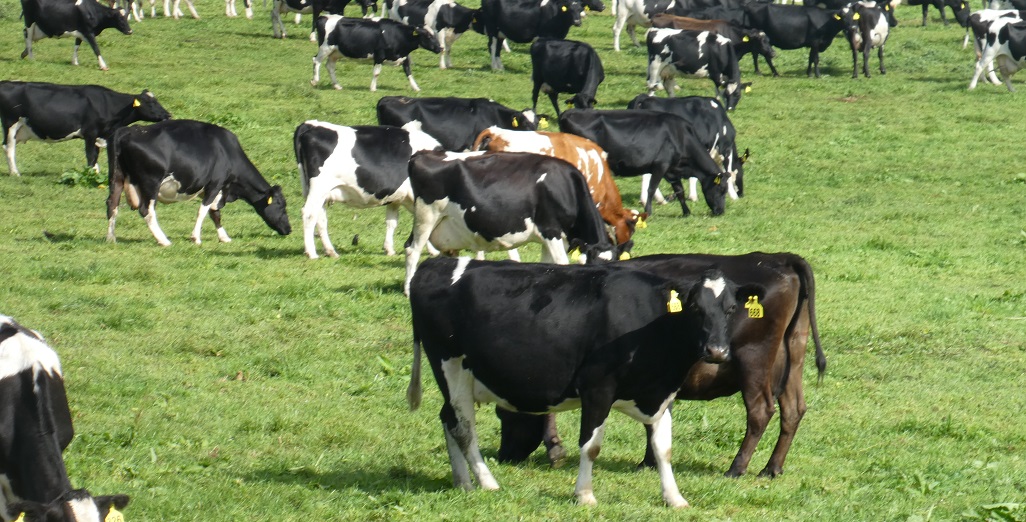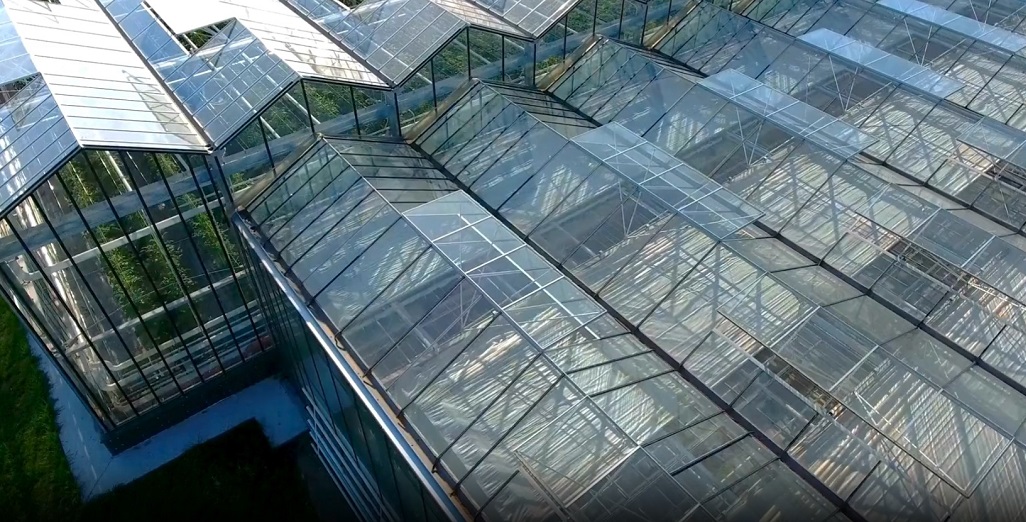Sign up here to subscribe to the Grower2grower Ezine. Every two weeks you will receive new articles, specific to the protected cropping industry, informing you of industry news and events straight to your inbox.
Apr 2021
Energy
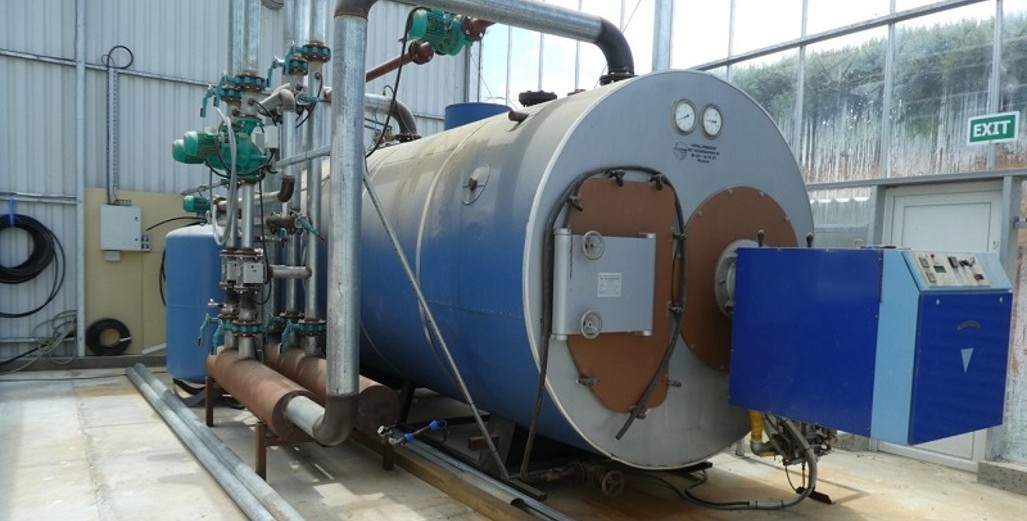
Unintended Consequences
Update:
One year since I posted an article on energy I am still working through the different alternative fuel/energy options. news/post/energy-options/
Natural Gas:
To be frank it is complicated! For example, I have been informed recently that there is ample natural gas available and that growers should still consider converting, if they are close to the gas line. On the other hand I hear from growers that gas contracts are exceedingly more difficult and expensive to secure than ever before.
Electricity (Heat pumps):
Retail electricity prices are increasing at an alarming rate. With Tiwai point recommitting and exceedingly low hydro levels, increased amounts of Gas and Coal are required to turn the lights on, it is that bad that even the Whirinaki diesel unit has also been restarted! (click on Total Utilities March update below – I highly recommend reading). What impact will this have long term?
Coal: Banned by 2037
If you were intending to install a coal burner you have approximately 8 months! I find it interesting that Genesis Energy, which burns coal at its Huntly power station to produce electricity, also steel and chemical factories are exempt from the ban but not growers that produce healthy affordable food during winter….mmmmm
Also read:
Recycled Oil:
Recycled oil or waste oil seems to be under the radar. Recycled oil is a good source of affordable fuel to heat with. I expect this could well be an option for some businesses, if there is a need to safely dispose of recycled oil then burning it to produce healthy vegetables makes sense. If growers, and other industries, on mass decided to use this alternative option then the unintended consequence is that supply may become an issue, which will in turn make this another non-affordable fuel source for growers.
Solar and Wind:
Solar and wind energy generation are still options that need to be explored in more detail. They both could be valuable alternatives.
Will you require multiple energy sources?
I represent many growers small and large. For smaller businesses it is difficult to see them using multiple types of energy for their heating requirements. High capital costs will be an impediment for those businesses to implement multiple energy/heat sources. For larger growers/businesses multiple energy/heat sources may be an option worth investigating.
Options for small to medium sized businesses:
For smaller growers, that are considering changing their heat source, I would highly recommend you investigate biofuel conversion. I know that biofuel’s work extremely well, the issue is not whether it works, the issue is security of supply, pricing and transport. Capital costs are inevitable but so is the phasing out of coal and gas. There are going to be some unintended consequences, one of which is going to be the demand on wood fuels – this market, like any, will be driven by supply and demand and if many businesses convert to biomass, will there be enough processed wood chip or pallets to go around?
For companies looking for opportunities to supply biofuels, now is a particularly good time to talk to growers.
NZ greenhouse vegetable and flower producers will still be able to supply during the warmer months with or without heating, they will just be using more chemicals to control funguses. However, if feasible solutions are not identified then only growers with geothermal, or alternative biofuel energy sources (green waste land fill gas), will be providing our winter tomatoes, cucumbers, capsicums and even roses. If real solutions do not eventuate then I hope we are all looking forward to eating irradiated Australian tomatoes during NZ winters.
March 2021 Overall Market Situation
Wholesale spot prices and ASX energy futures pricing continues to escalate with extremely low hydro lake storage and increasing thermal generation. The situation has been severe enough that the Whirinaki diesel unit has also been restarted.
Total hydro storage is 35% below average for this time of year (47% of total capacity). Inflows which have been well below average levels since November were 59% of average in the week ending 26/03. Coupled with gas production at Pohokura being down by 42%, significant amounts of coal are being required to keep the lights on.
Without a massive dumping of water in hydro catchment areas, pricing will continue to rise as storage nears supply risk levels.
https://mailchi.mp/e45699c61005/total-utilities-market-commentary-8469153?e=e0ccef427e
https://totalutilities.co.nz/energy-rising-market/
Article written and compiled by Stefan Vogrincic
All Article’s checked and edited by Marie Vogrincic
I appreciate your comments. Please feel free to comment on the grower2grower Facebook page:
https://www.facebook.com/StefanGrower2grower/
CLASSIFIED
Subscribe to our E-Zine
More
From This Category
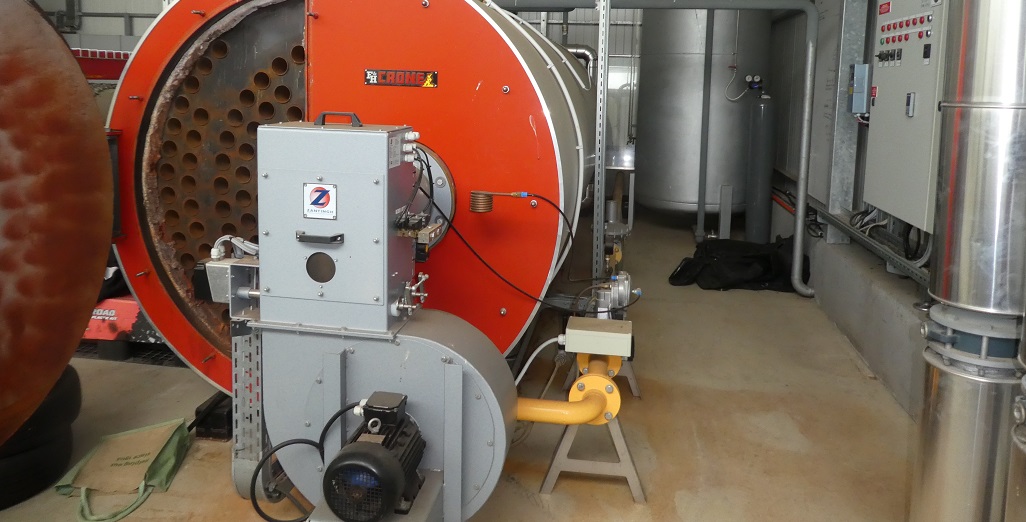
New Industrial Process Heat Consenting Requirements in Aotearoa New Zealand
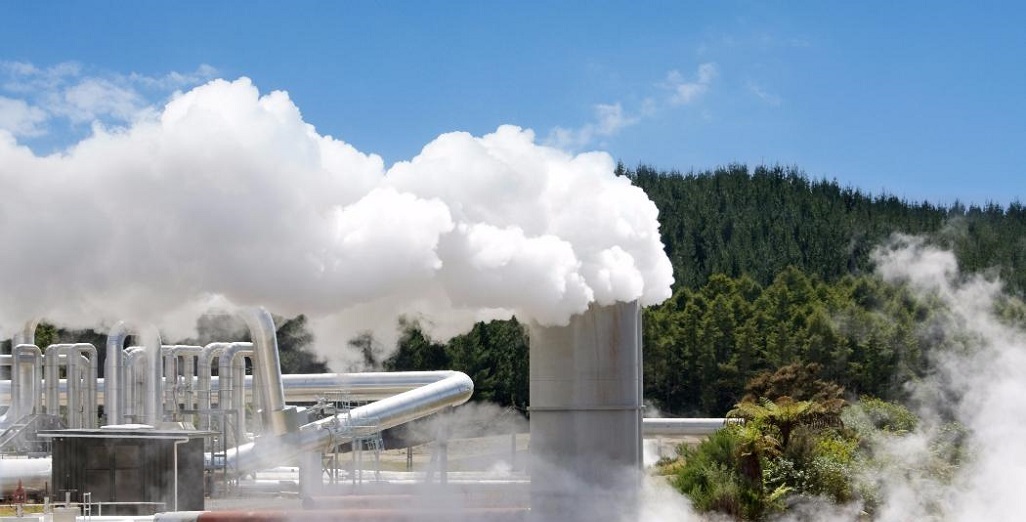
GNS Scientist wants greenhouse grower to consider geothermal Heat

Ribbon cutting marks the opening of a new JS Ewers Biomass Energy Centre

Flexible Solar Panels Look Set to Disrupt the Industry
